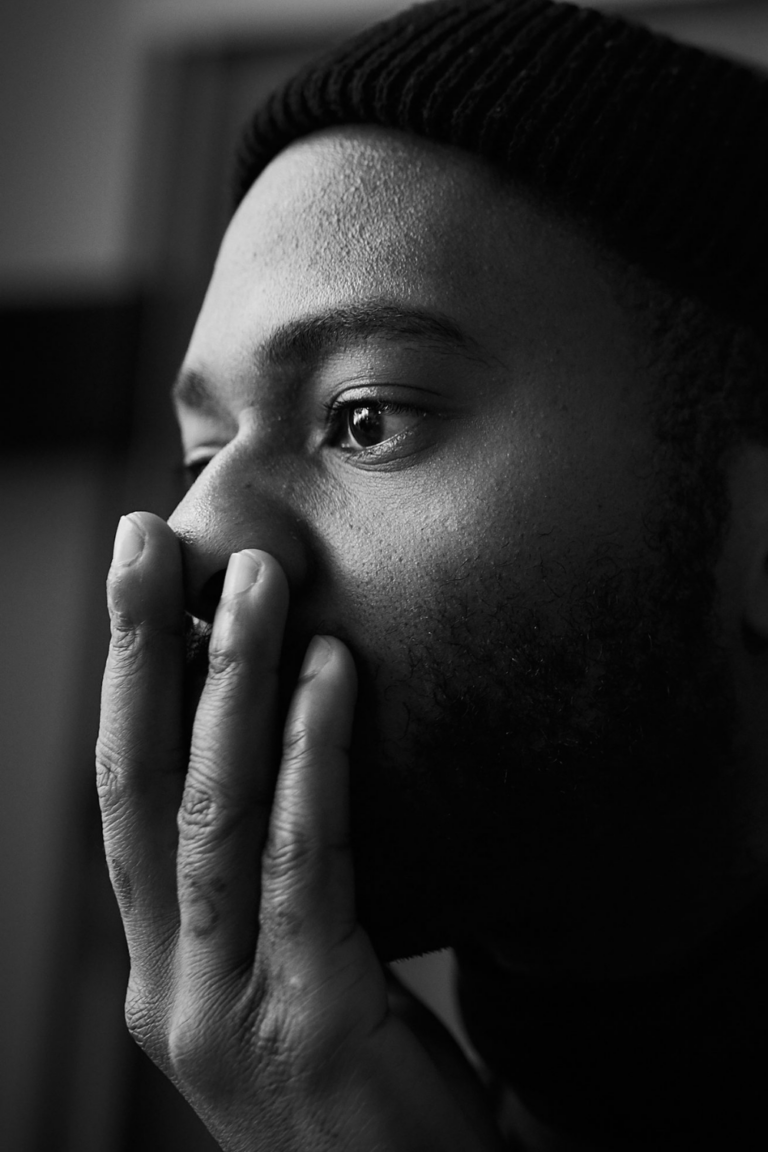“It’s complicated.”
If you remember this Facebook relationship status, you know what I’m talking about. Navigating the world of relationships can be tricky, especially when it comes to labels (or the lack of them). These days, there’s a new term for undefined relationships: situationships. It’s even become so popular that “situationship” landed on Oxford’s 2023 Word of the Year shortlist. And it’s not just a buzzword—according to Tinder, more people are adding it to their dating bios, embracing this new approach to relationships.
But what exactly is a situationship, and why are so many of us okay with diving into something that’s not exactly clear-cut? If you’re considering whether a situationship is right for you, here’s what you need to know—and maybe a little bit about what to expect from personal experience, too.
What Exactly Is a Situationship?
The easiest way to explain a situationship is by looking at what it’s not. It’s not traditional, but it’s not exactly casual either. There aren’t clear boundaries, no “official” status, and usually no exclusivity. In short, it’s one of those relationships that’s…well, complicated.
I remember trying to define this kind of relationship to a friend who asked if I was “seeing someone” or “in a relationship.” I could only say, “We’re just…hanging out.” That’s basically the vibe of a situationship. Psychologist Dr. Catherine Nobile describes it best: “Unlike conventional relationships that come with agreed-upon terms like commitment or exclusivity, a situationship thrives on its uncertainty.”
Feelings may definitely be involved—I mean, you’re not spending all that time together for no reason. But there’s often little to no talk about the future, and a conversation about “where things are going” might never even happen. As a result, a situationship can feel like a great balance if you’re looking for flexibility, or it can feel unsettling if you’re secretly hoping it will turn into something more.
So, Why Do People Choose Situationships?
There are a few reasons why situationships are on the rise, and some of them may surprise you. Here are the main factors that draw people in:
- Exploring Without Pressure:
One thing that situationships offer is the chance to explore a relationship without the pressure of defining it. And let’s be honest, that’s pretty appealing. According to a Tinder report, young singles often prefer situationships to get to know someone without needing to “make it official.” In a survey by Top10.com, about 16% of men said that a situationship allows them the freedom to explore their emotions without pressure. I can personally attest to this feeling—a situationship was like a no-stress zone where I could just be myself without wondering if we’d need to have the talk. - Fear of Committing to the Wrong Person:
Another big factor is the fear of jumping into a serious relationship with someone who isn’t the right fit. One in five Gen Zers in the Top10.com survey said they prefer situationships because they don’t want to feel stuck or settle for someone who isn’t a great match long-term. I can’t say I blame them—commitment is a big step, and avoiding a full relationship until you’re absolutely sure can feel smart. - Financial Concerns:
With inflation and rising costs, dating can be expensive. An Archrival survey revealed that 71% of Gen Zers can’t always afford to go out on dates, and about a third have ended things because of the expense. For Gen Z men especially, finances play a role, with 63% saying they’re not in a financial position to get serious, and 61% saying they lack private space for dating since they’re living with family or roommates. For anyone in this position, situationships can be a more practical option—there’s no expectation of regular dates, so you can save some cash and just enjoy each other’s company.
The Pros and Cons of Situationships
Now that we know what situationships are and why people are into them, let’s talk about the good and the bad. If you’re thinking about stepping into one, here are some things to consider:
The Pros:
- Freedom Without Commitment
One of the biggest perks is the freedom. With a situationship, you can enjoy someone’s company without the demands that come with a committed relationship. This was especially appealing when I was focusing on personal goals. I didn’t have time for the intensity of a committed relationship, but I still wanted companionship and a bit of romance. - Room to Develop Naturally
Situationships let you get to know someone on a relaxed level. There’s no pressure to jump into labels or DTR (define the relationship). It’s a low-stakes way to explore emotional and physical intimacy, and for me, it felt more genuine to take it slow and let things develop naturally. - Enjoyment Without Long-Term Expectations
If you’re not in a rush to find “the one,” situationships are an ideal setup. Dara Rahill, founder of Dara Rae Matchmaking, says that these setups can be a great way to enjoy companionship and intimacy without focusing on a long-term outcome. When both people are upfront about what they want, it can be a really fun, easy-going arrangement.
The Cons:
But, like anything, situationships come with their own set of challenges:
- Someone Often Gets Hurt
The catch with situationships is that they rarely stay casual. According to Rahill, feelings get complicated, and one person often wants more. And from my own experience, that’s spot on—eventually, someone develops expectations that may not be shared. - Lack of Direction
Situationships can feel unsteady if you’re looking for something solid. When both people are unsure about their commitment, there’s no guarantee of growth or progression. It’s exciting at first, but after a while, it can feel like it’s holding you back from finding something more fulfilling.
How to Handle a Situationship Successfully
If you’re considering a situationship, a little self-awareness and communication can go a long way. Here are a few tips that can help keep things light and healthy:
End Things Respectfully
Ending a situationship can be tricky, especially since it’s a relationship that never officially “started.” But one of the best parts of a situationship is that it often ends without hard feelings. With clear, honest communication, you can part ways amicably if it’s no longer meeting your needs.
Be Clear About What You Want
Make sure you and the other person aren’t looking for anything serious. Going into a situationship hoping it will somehow turn into something more isn’t usually a recipe for success. Check in with yourself often—feelings can change, and you want to stay honest about whether this setup is still right for you.
Enjoy It as a Temporary Stop
I like to think of situationships as a “pit stop” in my romantic life. Enjoy it while it lasts, but keep it light. As Dara Rahill puts it, “Ask yourself if this dynamic is helping you or holding you back from something meaningful.” As long as both of you are happy, there’s no harm in enjoying the ride. But once you’re ready for something more, be open to moving on.









